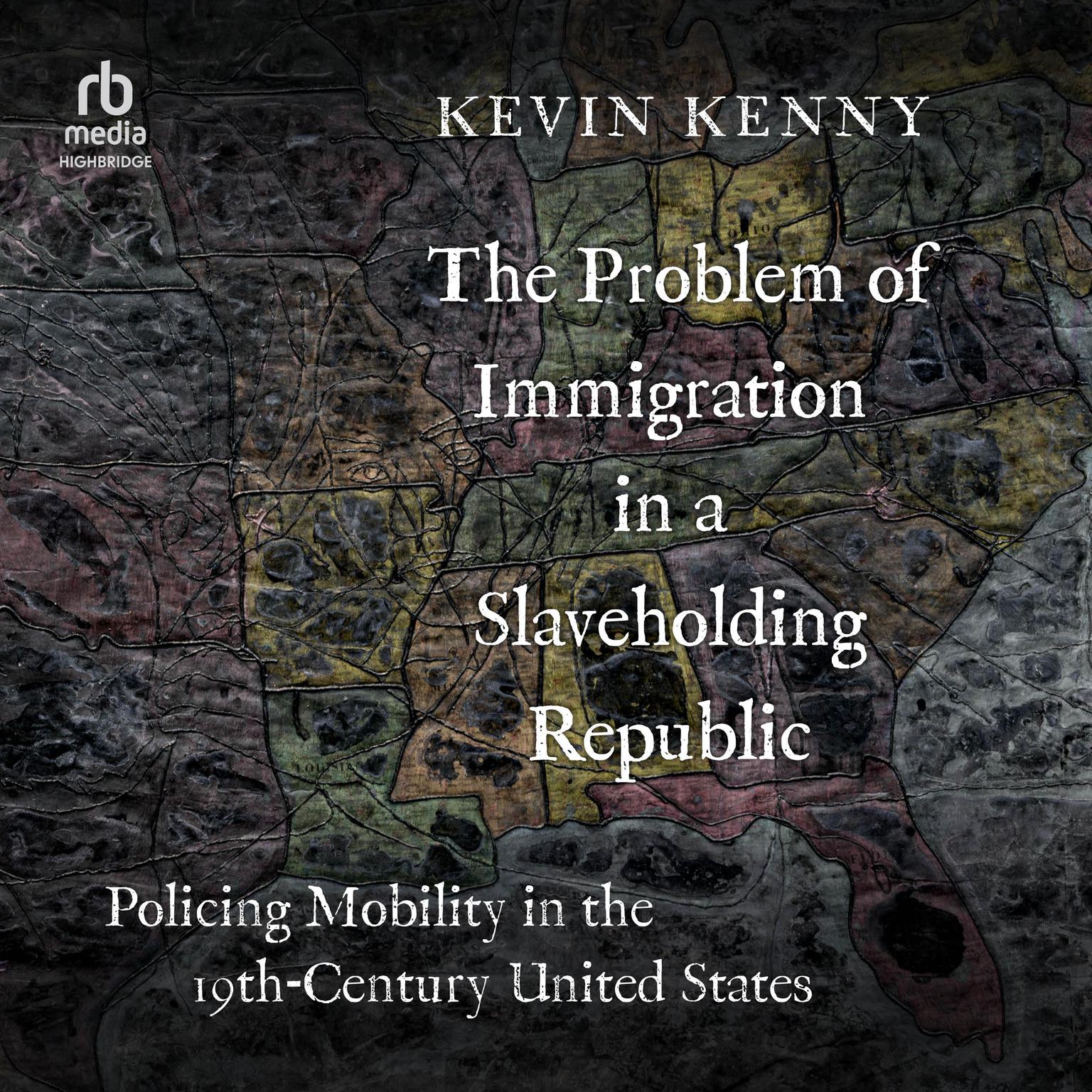 Play Audiobook Sample
Play Audiobook Sample
The Problem of Immigration in a Slaveholding Republic: Policing Mobility in the Nineteenth-Century United States Audiobook
 Play Audiobook Sample
Play Audiobook Sample
Quick Stats About this Audiobook
Total Audiobook Chapters:
Longest Chapter Length:
Shortest Chapter Length:
Average Chapter Length:
Audiobooks by this Author:
Publisher Description
Today the United States considers immigration a federal matter. Yet, despite America's reputation as a "nation of immigrants," the Constitution is silent on the admission, exclusion, and expulsion of foreigners. Before the Civil War, the federal government played virtually no role in regulating immigration.
Offering an original interpretation of nineteenth-century America, The Problem of Immigration in a Slaveholding Republic argues that the existence, abolition, and legacies of slavery were central to the emergence of a national immigration policy. In the century after the American Revolution, states controlled mobility within and across their borders. Throughout the antebellum era, defenders of slavery feared that, if Congress gained control over immigration, it could also regulate the movement of free black people and the interstate slave trade. The Civil War and the abolition of slavery removed the political and constitutional obstacles to a national immigration policy. Admission remained the norm for Europeans, but Chinese laborers were excluded through techniques of registration, punishment, and deportation first used against free black people in the antebellum South. To justify these measures, the Supreme Court ruled that immigration authority was inherent in national sovereignty and required no constitutional justification.
Download and start listening now!
The Problem of Immigration in a Slaveholding Republic Listener Reviews
Be the first to write a review about this audiobook!
About Bill Andrew Quinn
Bill Andrew Quinn is a veteran in the voice-over world. In addition to hundreds of commercials and audiobooks, his many credits include work on The Sopranos, The Montel Williams Show, and Showtime at the Apollo, as well as characters for Grand Theft Auto IV and other video games. Totinos, Corona, Lincoln-Mercury, and McDonald’s are among his many television campaign clients.


